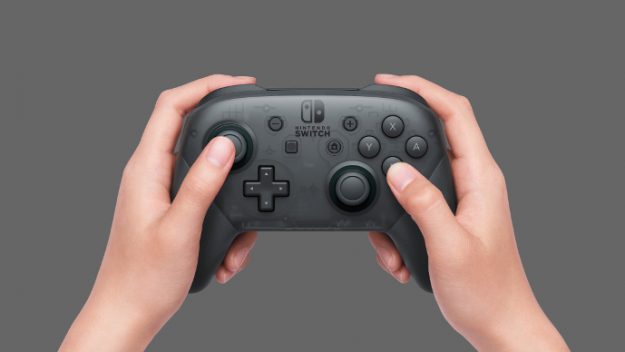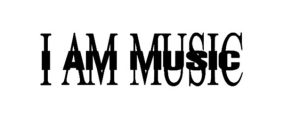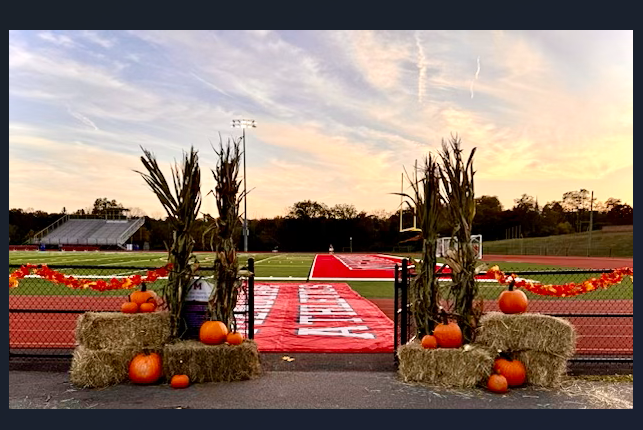Thinking About and Deeply Dissecting Our Media Isn’t Worthless
March 27, 2020
This is an opinion piece. Elisabeth Sauerman is a senior at Mendham who Writes for Arts & Entertainment. All opinions expressed in the following editorial are her own and do not necessarily reflect the views of The Patriot.
Dissect, according to Merriam-Webster, is “to analyze and interpret minutely”.
People dissect almost every type of media: from books to videogames, television, movies, fictional podcasts; the list goes on and on. Because of the existence of lore, thousands upon thousands of communities have sprung up to dissect and analyze the history found within the media they consume. In more recent times, many YouTube channels and subreddits were founded with the specific purpose of sharing discoveries and coming up with possible applicable theories to the topics they talk about.
Those who dissect media take their understandings in many different directions. Some choose to put together a chronological timeline of events, or to find answers to some of their biggest unanswered questions, or to come up with a cohesive understanding of how certain established systems within the worldbuilding specifically work. Some may take their analysis and take things a step further by connecting the themes and ideas expressed within the piece of media and connect them to the real world. These analyses can take on a more serious or silly tone, but the intention of furthering the general understanding of the piece of media is usually the standard ideal.
Dissecting media, and lore specifically (though not limited to videogames), provides many benefits, one of which is the development of critical thinking skills. Most pieces of media do not offer direct or easy answers to questions consumers may pose, and that requires consumers to find the answers themselves by gathering evidence to come to a supported but speculative conclusion. Any piece of media may have an abundance of evidence for consumers to sort through. People have to decide what’s relevant, and what can be tossed out the window. Additionally, they need to stitch together this evidence to come to a cohesive and understandable conclusion with advanced critical thinking skills. Through the continual analysis and dissection of media, critical thinking skills can be developed in new and different ways.
In an age where people take information from the internet as true without questioning the accuracy of the claims, deep analysis of media overturns this practice and promotes in-depth research and fact-checking. Almost anyone can make claims about pieces of media in online forums or in a YouTube video, but that person will come under immediate scrutiny if they do not support their claims with ample evidence. Within these communities, new theories and ideas are brought up every day, and the people who come up with these claims qualify the theories to different extents. Because of the different amounts of evidence supplied, and the general interconnectedness of these communities, a lot of people feel the need to qualify claims on their own. Through analyzing the validity of different claims, people are able to develop not only their critical thinking skills, but how they think about information presented to them. They won’t think about it at face value, but deeper, which promotes fact-checking.

Deep dissection of media also provides a passion for people to follow through with and can introduce people to new interests they may not have thought about before. This statement can go in many different directions. Because someone consumes articles or videos where people dissect media, they may become interested in the process and start writing articles or making videos of their own. Alternatively, the people that originally put out this type of content might find a new interest or appreciation for a certain topic through something new that they dissect. A third option is that someone who consumes this content might start also consuming the media that is dissected. The third option is certainly true for me. I mainly watch a lot of videos that dissect and analyze various video games. Usually these videos store themselves in the back of my brain, and I’ll remember the games that they are about. Recently, I’ve watched videos about one game in particular—Hollow Knight (2017). Since buying it, I’ve put countless hours into the indie title, and I’ve found enjoyment through playing it. Because of these analyses that I’ve watched, I’ve been able to find a new pastime, and I couldn’t be happier with it.
The benefits of dissecting our media doesn’t just stop at the ones that I’ve listed. While dissecting media serves as a creative outlet for many people, it also provides a community. Through all of the benefits, there is just a group of people talking animatedly about something they’re passionate about. There is a heart beating within these communities, and above all of the benefits related to transferrable skills, analyzing and dissecting media provides a home for people that they may not find through traditional, face-to-face means.
Dissecting and deeply thinking about the media we consume isn’t useless. It’s just curiosity pushed into new territories.










